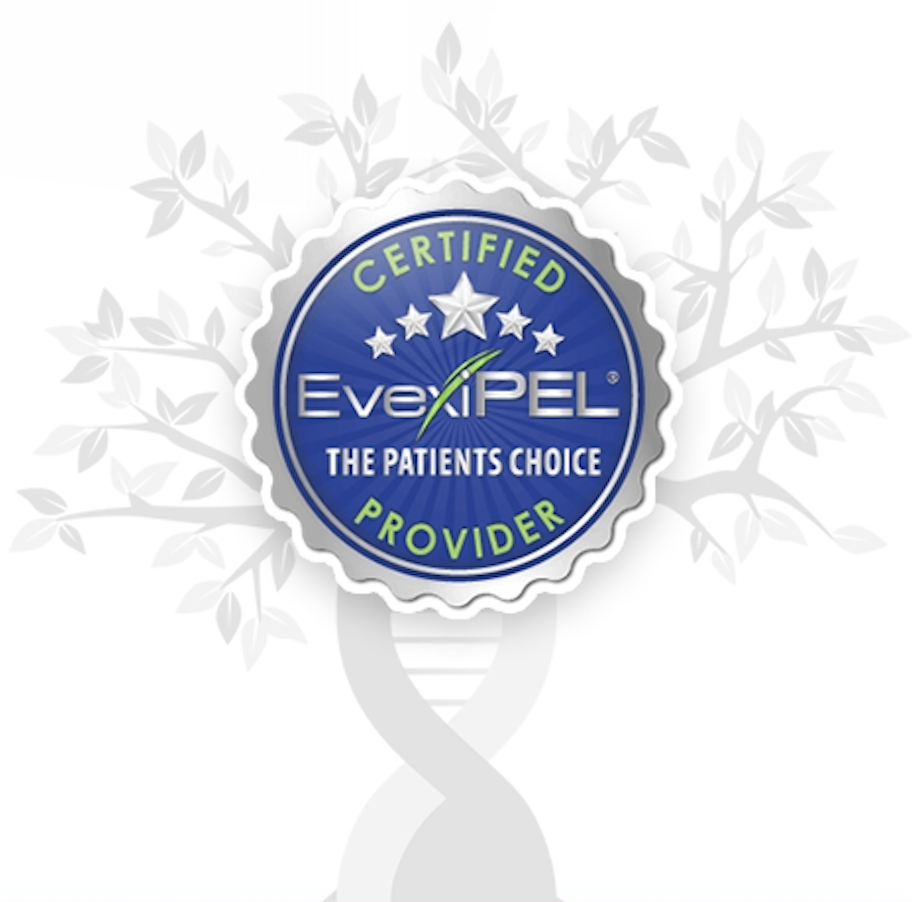

by
|
“All diseases begin in the gut.” —Hippocrates
When I conduct lectures on how to help patients achieve hormone balance, medical practitioners are usually surprised when I open the discussion with a lecture on gut health, diet and nutritional supplements. Guess what? That’s the perfect place to start! Optimizing hormones is a complex process involving many interconnected systems in the body, and achieving and maintaining a healthy gut plays a critical role.
It’s important to keep in mind that both hormone balance and gut health have a direct impact on other systems in the body (including each other). We need our hormones optimized and able to be readily metabolized—two things a healthy gut enables—otherwise a wide range of health issues can and often will arise.
The health impact is far reaching and includes mood disorders (anxiety, depression), cardiovascular disease, neurovascular disease (strokes, Alzheimer’s disease), cancer, diabetes, insulin resistance and more. Poor gut health, and related conditions like leaky gut and gut dysbiosis, have been linked to a number of disease states.
What is the gut?
The gut, also known as the gastrointestinal tract (GI tract), refers to the bowels (the intestines). It does not include the stomach where digestion of food occurs. After food is digested, it moves through the bowels. When the gut is healthy, nutrients can be absorbed into the body and utilized where they are needed, while any toxins can be eliminated from the body as waste.
Unfortunately, poor gut health is common in the United States. Lifestyle factors such as diet, stress, exercise and toxicity (both physical and emotional) can all lead to an unhealthy gut and the related conditions, leaky gut or gut dysbiosis.
What is leaky gut and what causes it?
Leaky gut syndrome, also known as increased intestinal permeability, is a condition where the lining of the small intestine becomes compromised and allows undigested food particles, toxins and other harmful substances to “leak” into the bloodstream. Leaky gut can trigger an immune response and cause inflammation throughout the body, the key trigger of all chronic disease processes.
According to research published in the journal Molecules, leaky gut has been associated with intestinal diseases, including inflammatory bowel disease (IBD) and irritable bowel syndrome (IBS), as well as extra-intestinal diseases like heart disease, obesity, type 1 diabetes and celiac disease, among others.
Symptoms of leaky gut include:
What causes leaky gut?
What is gut dysbiosis?
Gut dysbiosis refers to an imbalance or disruption in the microbial community (microbiota) that normally inhabit the gut. A healthy gut microbiota plays a critical role in digestive and overall health because it aids digestion, produces important vitamins and nutrients and supports the immune system.
When the gut is in a state of dysbiosis, the composition and diversity of the gut microbiota may be altered, which can lead to an overgrowth of harmful bacteria and a reduction in beneficial bacteria. When this occurs, digestive issues, inflammation and a weakened immune system can result.
As I detail in my book, “Hormone Havoc: Dispelling the Myths & Misconceptions about Hormones in Women and Men,” numerous studies link gut dysbiosis to inflammation and related disease states, such as insulin resistance, obesity and other metabolic disorders, as well as autoimmune diseases, neurodegenerative diseases (like Alzeheimer’s dementia) and cardiovascular disease.
How to avoid gut issues and achieve a healthy gut
We’ve established that poor gut health can lead to a wide range of health issues. So, what can you do to achieve a healthy gut and support your overall health? While it may sound cliché, doing your best to live a healthy lifestyle is critical for achieving a healthy gut and overall health.
Transition to a healthier diet. Numerous studies have linked processed foods to poor health outcomes (like cancer, cardiovascular disease, diabetes and more). Unfortunately, the standard American Diet (SAD), which is calorie-dense and nutrient deficient, has an extremely negative impact on gut health. In fact, one study revealed that ultraprocessed food consumption significantly increases the risk for premature death.
Replacing processed foods (foods high in processed sugars, fats and food additives) with fresh vegetables, lean meats and fish, like the Mediterranean diet, has been shown to promote healthy gut microbiota and reduce incidence of disease.
Learn more about gut friendly foods here.
Ask your practitioner about nutraceuticals to promote gut health. Achieving gut health is vital if you want to live a longer, healthier life. Along with a healthy diet, many patients benefit from probiotics (supplements with live bacteria that promote the growth of good bacteria) and prebiotics (foods or nutraceuticals that are high in fiber and serve as food for the “good bacteria”).
Patients who have leaky gut and/or gut dysbiosis may also suffer from nutrient deficiencies. Your healthcare practitioner can perform lab tests to determine if you may benefit from nutraceuticals (nutritional supplements) to address those deficiencies.
Learn more about the nutraceutical supplements EVEXIAS offers here.
Be mindful of mental health. As I discuss in my book Hormone Havoc, the gut-brain connection, also known as the gut-brain axis, has been studied for well over a hundred years. The gut is often referred to as the second brain because it can function separately from the central nervous system and control many digestive processes. Signals constantly flow between the gut and the brain, which influence physiological processes like digestion, appetite, mood, immune function and more.
Keep in mind, the gut-brain axis signals go both ways. Certain forms of gut bacteria produce neurotransmitters and signaling molecules that affect brain function and behavior, while psychological factors, like stress, can affect gut health. Taking steps to reduce stress (exercise and mindfulness practices, like meditation and yoga can be very helpful), is critical for gut health (and vice versa).
Address toxicity (physical and mental) head on. There is no question that environmental toxins take a toll on the body. Whether it’s through the air we breathe or the chemicals, fertilizers, pesticides and other poisons that seep into our food and water supplies. If you’re concerned about physical toxicity, your practitioner can perform blood tests to evaluate toxicity and discuss options for detoxification.
What many people don’t consider is the huge impact emotional toxicity can have on a person’s gut health, and of course, their wellbeing. We can’t treat the physical body without paying attention to a patient’s emotional and spiritual health. Toxic thoughts we impose on ourselves (like the habitual negative thinking and self-talk we have ingrained in our brains for years) has a direct impact on our health (see my comments about the gut-brain axis above).
Many patients also struggle to get well because they continue to surround themselves with toxic people and situations where those people exist (toxic work environments, for example). If you truly want to heal your gut and achieve optimum health, taking steps to remove toxic people and situations from your life should be paramount.
Talk to a practitioner about a comprehensive approach to gut health
While I’ve provided some initial steps you can take to optimize gut health here, those steps are only the beginning. There are many other factors that can affect gut health and a practitioner who specializes in integrated, functional medicine and gut health can discuss the options for achieving gut health that are available to you.
